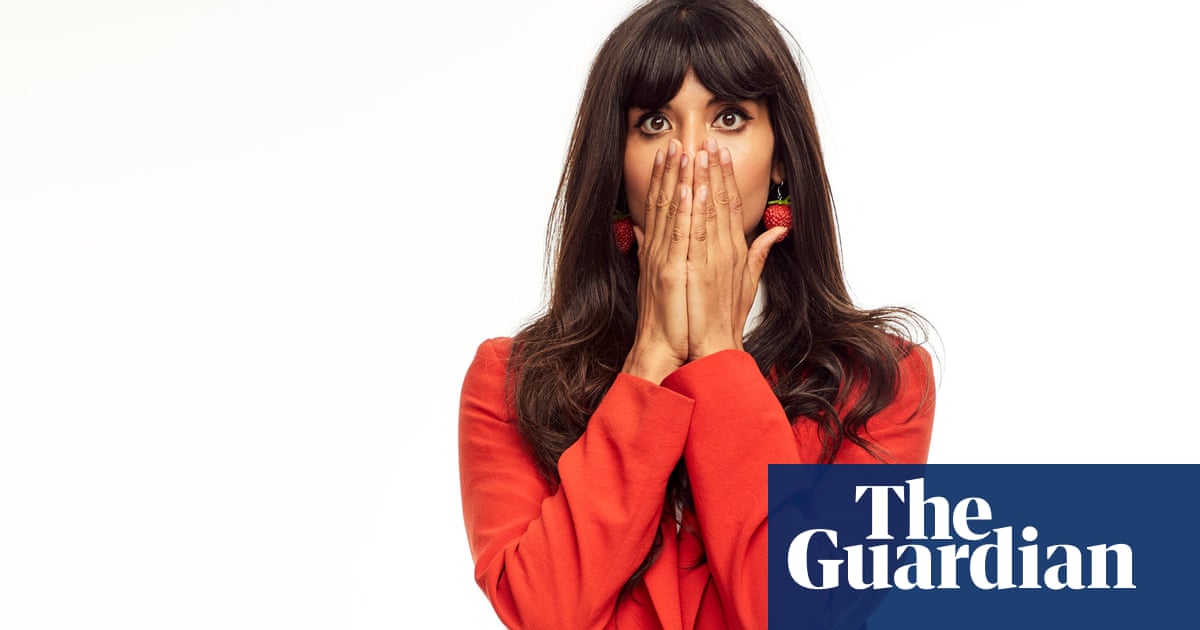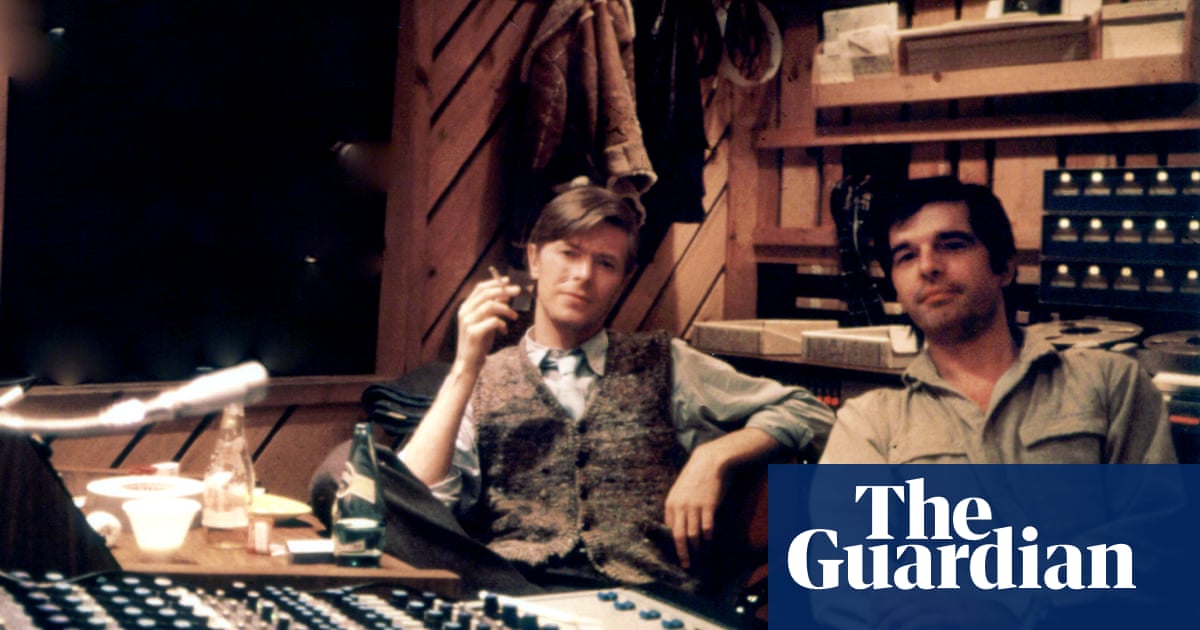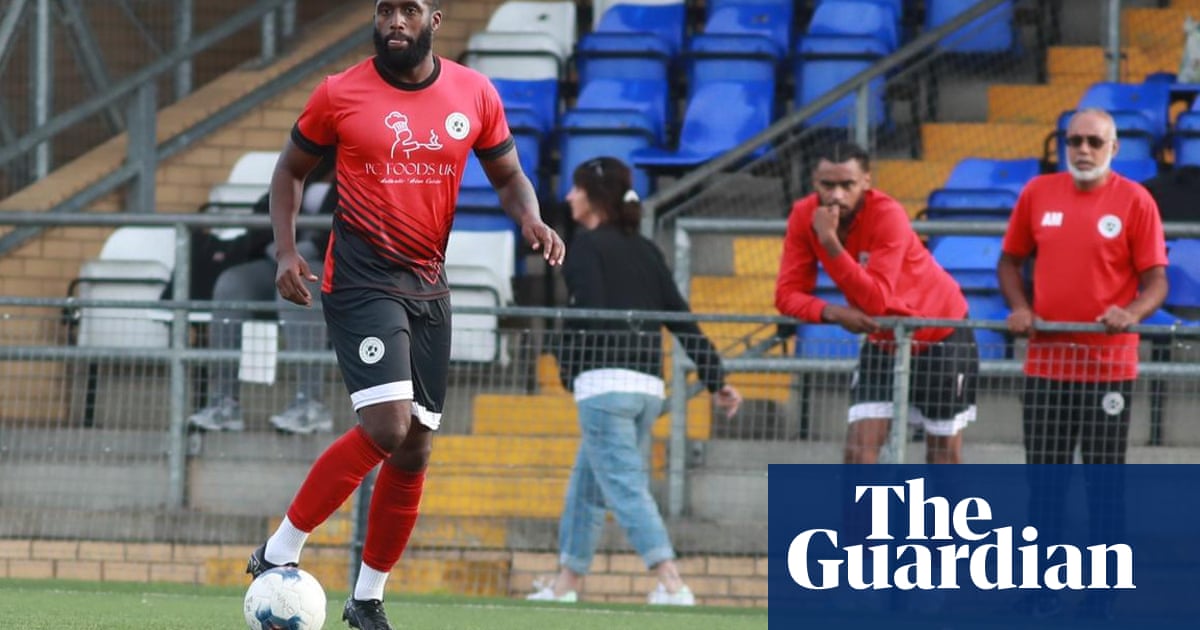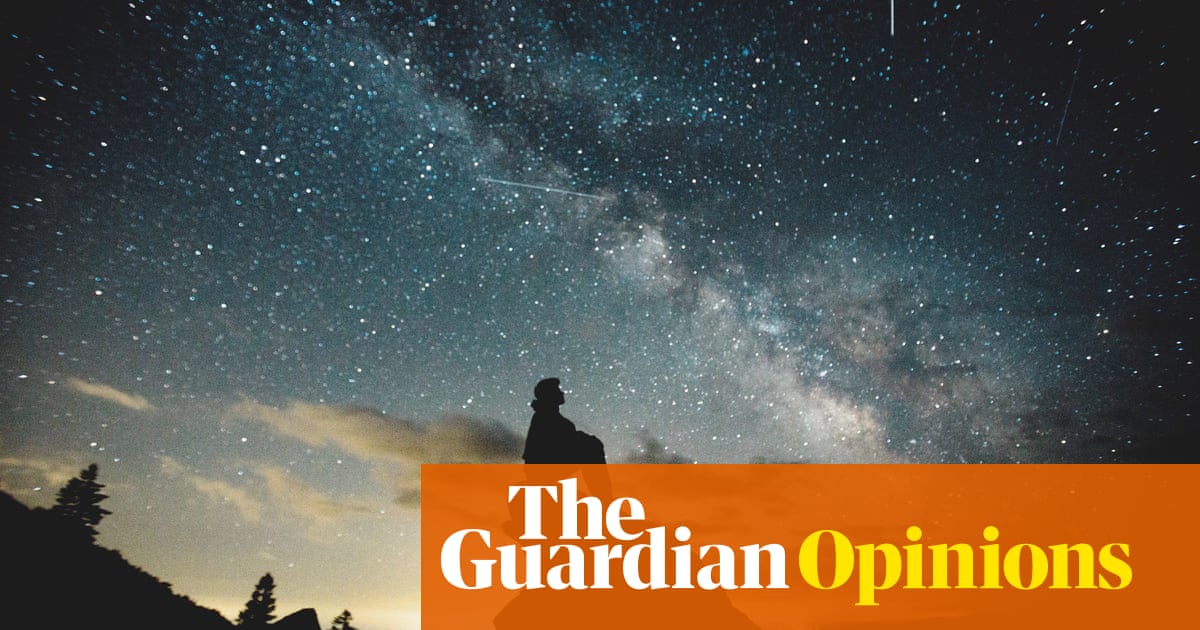
he title of Hating Peter Tatchell was the brainchild of its director, Christopher Amos. When, in 2015, he first became interested in making a documentary about my 54 years of LGBTQ+ and other human rights activism, he was taken aback by the volume and ferocity of hatred against me.
So far I’ve been violently assaulted over 300 times, had 50 attacks on my flat, been the victim of half a dozen murder plots and received tens of thousands of hate messages and death threats over the last five decades, mostly from homophobes and far-right extremists. Amos envisaged a film that documented how and why my campaigns generated such extreme hatred.
My motive for doing the film was a bit different. By telling my story, I wanted to show that social change is possible and how to do it, to inspire the next generation. My goal was to highlight freedom struggles through the lens of my own direct action.
The beginnings were modest. Unable to get funding, Amos dug into his own pocket and in 2016 launched a Kickstarter campaign, raising £12,502 for research. This included trawling through around 130 hours of my old tapes of TV footage and interviews about my activism.
The big problem was trying to whittle down all the campaigns I’ve been involved in to a dozen key ones. Eliminating and prioritising was a tough call. We had to jettison the 2003 ambush of Tony Blair’s motorcade in protest at the Iraq war and my bid for an arrest warrant for Henry Kissinger over the indiscriminate bombing of Cambodia in the 1970s. Also out was my 1998 exposé of the Nazi war criminal Dr Carl Værnet; persuading the ANC of South Africa in 1987 to embrace LGBTQ+ rights; and my 1972 confrontation with Professor Hans Eysenck over his advocacy of electric shock aversion therapy to “cure” gay people.
For a time, the lack of funding made it seem as if the film would never be made. But Amos kept going. In 2016, he accompanied me to Australia to record emotional interviews with my evangelical Christian sister and mother, the latter then aged 89.
Two years later, he trailed me to Moscow to film my one-man protest during the football World Cup. We had to undertake elaborate security measures to evade pre-emptive arrest. A lot of the setup filming was covert, using a small camera and posing as football fans. It was incredibly stressful and we had several rows. But in the end, I pulled off a protest outside the Kremlin against the anti-LGBTQ+ witch-hunt in Chechnya and Putin’s tacit collusion.
After rejections from UK sources, in 2019 Amos got an Australian production company, Wildbear Entertainment, on board. Full production got under way in January 2020. Just before the pandemic, we shot interviews with Ian McKellen, Stephen Fry and the former Archbishop of Canterbury, Dr George Carey, over my 1998 Easter Sunday protest in Canterbury Cathedral for LGBTQ+ rights. Carey was a big surprise. After initially condemning my tactics, he very generously concluded by praising my human rights work.
In May 2020, Elton John and David Furnish signed up as executive producers, which gave us a big morale boost and, later on, helped Netflix agree to stream the film.
Disappointingly, we were unable to get an interview with Mike Tyson. I had ambushed him at his gym, over his homophobic slurs, just before his world title fight in Memphis in 2002; persuading him to recant and express his opposition to anti-LGBTQ+ discrimination.
Also missed out was an interview with the US Black Power activist Angela Davis. She led the US delegation to the World Youth festival in communist east Berlin in 1973. The Americans denounced my advocacy of gay liberation and sought to have me expelled from the event. Davis later came out as a lesbian and a supporter of LGBTQ+ rights. I desperately wanted both her and Tyson interviewed for the film to show the power of redemption. Alas.
Film editing faced huge challenges during the Covid lockdown. It was done in a three-person bubble in the Australian city of Castlemaine, Victoria. The rest of the production team were scattered across the globe, working in isolation. The film’s dramatic soundtrack was made by musicians forming a virtual orchestra and recording their parts separately in home studios.
At many points I had my doubts, but the end result is impressive, with fast-paced revelations about my school-age radicalism, abusive stepfather and activism against the Vietnam war, anti-gay policing and church bigotry. There’s footage of my defeat as Labour candidate in the notorious 1983 Bermondsey by-election; described by many as the UK’s dirtiest, most violent and homophobic campaign.
The film also captures my efforts in 1988 to persuade world health chiefs to stop the persecution of people with HIV/Aids; my attempted citizen’s arrest of Robert Mugabe on charges of torture, which left me beaten unconscious; and the outing of bishops who colluded with an anti-LGBTQ+ church despite their own homosexuality. What’s not to like?
The writer is the director of Peter Tatchell Foundation. Hating Peter Tatchell is out now on Netflix.












